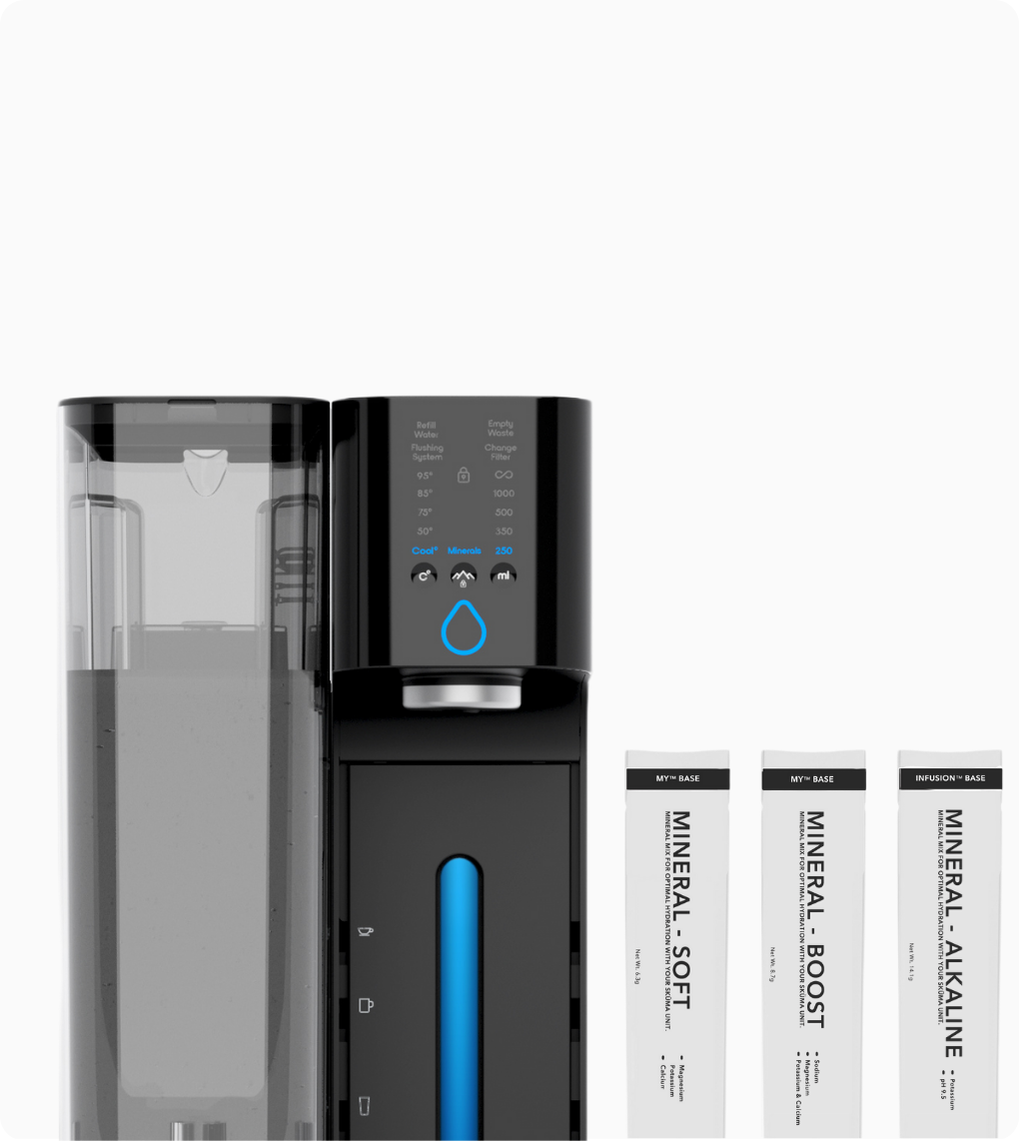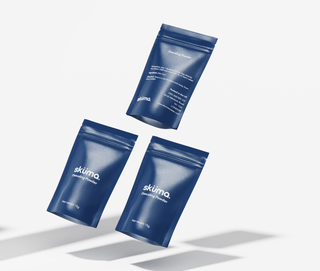Thirst is a complex mechanism whose primary purpose is to alert the body to maintain its fluid balance. It is the brain's response to a decrease in the body's water content, which can affect the function of organs and cells. However, not all people interpret this signal accurately. In fact, many of us overlook the signs of dehydration, leading to a host of health issues. So why do most people fail to recognize the tell-tale signs of dehydration ?
The Physiology of Thirst
The human body is approximately 60% water, and maintaining this balance is critical to our health and survival. When our bodies lose more fluid than we take in, dehydration sets in, triggering the sensation of thirst. This is primarily regulated by two parts of the brain: the hypothalamus and the pituitary gland. These structures work together, monitoring blood volume and concentration and releasing hormones to conserve water when necessary.
Why do we misinterpret thirst ?
Despite the body's intricate system to maintain hydration, many people often misinterpret or ignore the signs of thirst. The reasons for this vary, but some common factors include:
Distraction
In our busy lives, we often ignore our body's cues, including thirst. We may be too engrossed in work or other activities to notice we're thirsty, delaying our response to drink water.
Confusing Thirst with Hunger
Our brains, particularly the hypothalamus, are incredibly complex and manage numerous bodily functions, including our sensations of hunger and thirst. As a response to any deficit in energy or fluid levels, the hypothalamus triggers responses that lead us to seek out food or drink.
However, this signaling can be imprecise, leading us to sometimes confuse thirst for hunger. This is further complicated by the fact that many foods contain water, so eating can alleviate some symptoms of mild dehydration. Consequently, we may find ourselves reaching for a snack when, in fact, a glass of water might have been more appropriate.
Medical Conditions
Various medical conditions can interfere with our body's ability to accurately perceive thirst. For example, diabetes can result in a persistent feeling of thirst, even when the body is adequately hydrated. This happens because high blood sugar levels increase urine production, leading to a loss of fluids and the sensation of thirst.
Additionally, conditions like heart failure, kidney disease, and liver cirrhosis can affect the body's ability to regulate fluid balance, leading to fluid overload or dehydration, even without noticeable changes in thirst.
Environmental Factors
Our environment can also significantly impact our hydration status. Air conditioners, for example, reduce humidity levels and can increase the rate of water loss from our skin and respiratory system, potentially leading to dehydration even when we don't feel thirsty.
Similarly, high altitudes can increase our breathing rate and the amount of water we lose through respiration, again potentially causing dehydration without a significant sensation of thirst.
Age-Related Changes
As we age, our sense of thirst becomes less acute. This is especially true in older adults, who may not feel thirsty even when their bodies need hydration.
Recognizing Dehydration
Understanding the signs of dehydration at different stages can help us respond appropriately and promptly. Here's what to look out for at different stages of dehydration:
Early Signs of Dehydration
Even mild dehydration can affect our bodies. Early signs include a feeling of thirst, accompanied by a decrease in urine output. The urine that is passed may also be darker than usual, reflecting a high concentration of waste products.
Dry mouth is another early sign, as saliva production decreases in response to reduced fluid levels. Individuals might also experience fatigue and mild lightheadedness. This is because water plays a vital role in energy production, and lower blood volume can result in less oxygen reaching the brain.
Advanced Dehydration
If not addressed, dehydration can progress, leading to more severe symptoms. Urine may become very dark, and urination may become infrequent. This occurs because the kidneys, in an effort to conserve water, significantly concentrate the urine.
More severe dehydration can also cause confusion and dizziness, resulting from a reduction in blood flow to the brain. Additionally, the heart rate may increase as the body tries to compensate for the decreased blood volume. It's essential to recognize that advanced dehydration is a medical emergency and requires immediate medical attention.
Chronic Dehydration
Chronic dehydration refers to a state of prolonged insufficient fluid intake. Over time, this can lead to a host of health issues. Constant fatigue is one common symptom, as the body struggles to carry out basic functions without adequate water.
Digestive problems, including constipation, can also occur, as the body draws water from the colon to compensate for the lack of hydration. Chronic dehydration can also lead to urinary problems like frequent urinary tract infections, as concentrated urine provides a conducive environment for bacterial growth.
Additionally, prolonged inadequate hydration can lead to kidney stones, a painful condition caused by the accumulation of mineral salts in the kidneys, which often results from concentrated urine.
How to Stay Hydrated
Staying hydrated is not just about drinking when you're thirsty. It's about maintaining a consistent intake of fluids throughout the day. Here are some tips:
- Drink plenty of fluids throughout the day, not just when you're thirsty.
- Eat foods high in water content, such as fruits and vegetables.
- Limit intake of caffeinated and alcoholic beverages, which can dehydrate the body.
- Use an app or set reminders if you are prone to being distracted.
Conclusion
Hydration is an integral aspect of our health, significantly impacting every cell, organ, and system in our bodies. Despite our body's sophisticated mechanisms to signal the need for fluids, many of us misinterpret or even overlook these signs due to a variety of factors such as distractions, confusing hunger with thirst, certain medical conditions, and environmental influences.
The Sküma® System is your best ally in order to effectively rehydrate and replenish your body’s essential minerals in the healthiest way possible. This is achieved thanks to our reverse osmosis filtration system which removes all impurities and contaminants from your water and infuses it with the Infusion™ of your choice, transforming your water into the healthiest and most personalized beverage you can opt for !
Stay on top of your hydration needs, check out the Sküma® System !























